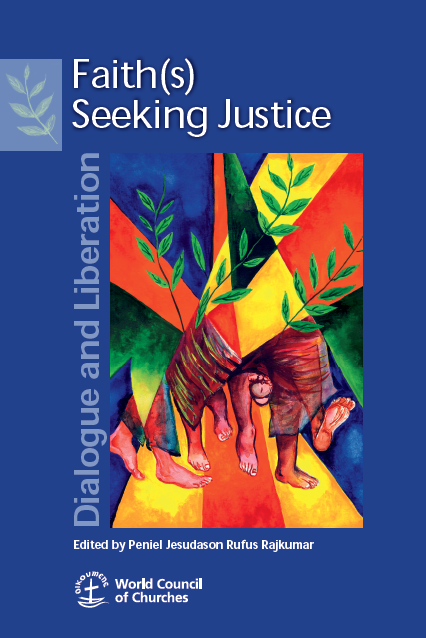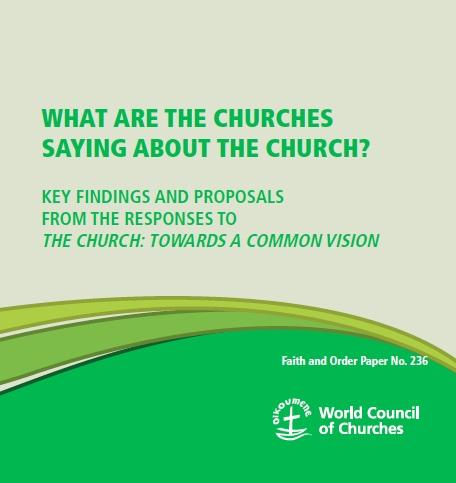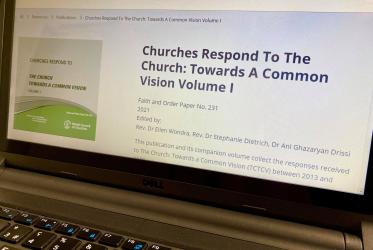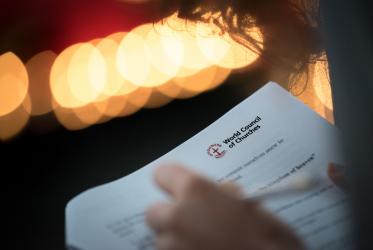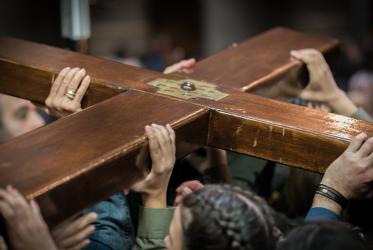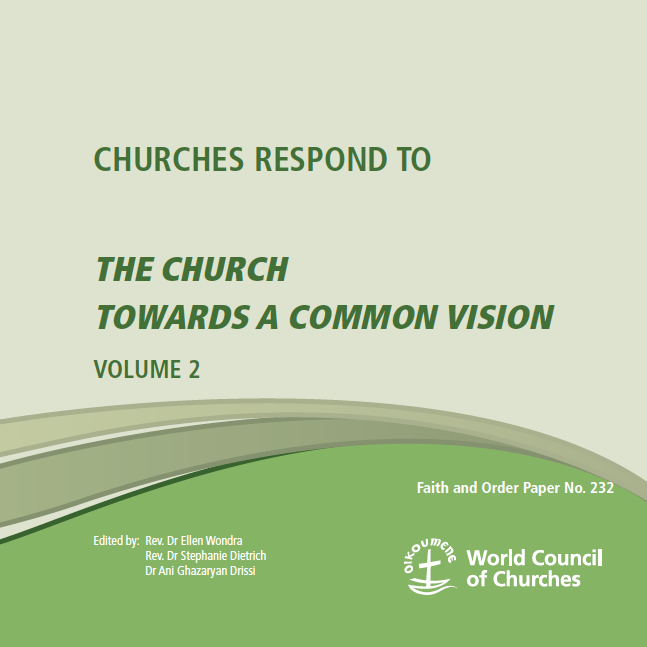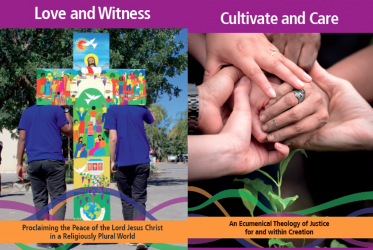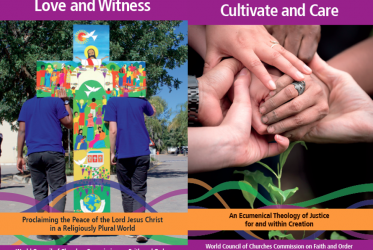Displaying 41 - 60 of 319
What Are the Churches Saying About the Church?
Key Findings and Proposals from the Responses to The Church: Towards a Common Vision
21 June 2021
WCC Commission on Faith and Order Webinar: “The Church in and for the world - the Church in mission”
21 June 2021
https://us02web.zoom.us/webinar/register/WN_Qf7H2bOUTSCYpQzY8rjiIQ
Vaccination hesitance poses yet another challenge
18 March 2021
Churches Respond To The Church: Towards A Common Vision Volume I
Faith and Order Paper No. 231
23 February 2021
Churches Respond To the Church: Towards a Common Vision Volume II
Faith and Order Paper No. 232
23 February 2021
WCC webinar “Common witness on environmental justice and religious pluralism”
18 February 2021
Online-By registration only
Love and Witness
Proclaiming the Peace of the Lord Jesus Christ in a Religiously Plural World
18 January 2021
